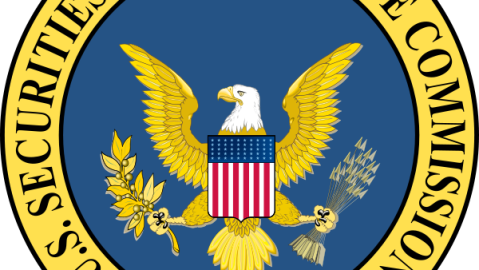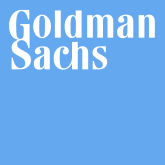The SEC Lives!

Where has the Securities and Exchange Commission (SEC) been? Many of the trades that led to the financial meltdown were legal, but many clearly were not. Even if you can’t blame the financial crisis on illegal activities alone, prosecuting those who committed securities fraud would clearly have been a popular move. At yet until now the SEC has done, well, nothing.
The SEC is doing something now. On Friday it accused Goldman Sachs of fraud for marketing collateralized debt obligations (CDOs)—essentially packages of mortgages—without telling investors that they had been specifically designed to perform badly. The idea was to create a financial instrument it could bet against. As Daniel Gross says, this is like putting up a poorly-constructed building just so you could buy insurance on it—and, of course, hiding its poor construction from the insurance company. Goldman made huge amounts of money selling these deceptively bad investments, and the clients who bought them took a bath, according to the charges losing $1 billion on these transactions.
As my fellow blogger Kris Broughton writes, Goldman is in trouble. The SEC may be going after them largely just to head off criticism of its failure to act earlier. And Goldman is hardly the only firm to have behaved this way, even if it is one of the most prominent and unrepentant. The SEC’s case may be weak anyway. But I don’t think many people doubt that Goldman is guilty of some wrongdoing. And now that the floodgates have opened, it’s going to come out. The attorneys general of both New York and Connecticut are already considering filing charges of their own, as are several European countries. Goldman may also face suits from angry investors. Goldman’s stocks closed down 19% on the news, which meant the firm lost $10 billion of its market value.
The SEC’s move comes—probably not coincidentally—at the perfect time for the administration’s efforts to pass financial reform. It allows President Obama to paint banks like Goldman as criminal and in need of regulation. Just minutes after the charges were filed the administration sent out an e-mail saying that “big banks and credit card companies stack the deck to earn millions” and calling for action that would hold the banks accountable. House Minority Leader John Boehner (R-OH) tried to spin the charges as coming against “a key supporter of President Obama’s bill to create a permanent Wall Street bailout fund.” It’s true—as Matt Taibbi wrote in his much-read takedown of the administration’s financial policy—that the Obama administration has close ties with Wall Street and with Goldman in particular. But of course it is the Obama administration that’s filing these charges in the first place. And Goldman—which opposes even the administration’s moderate financial reform bill—is not at all happy about it.





